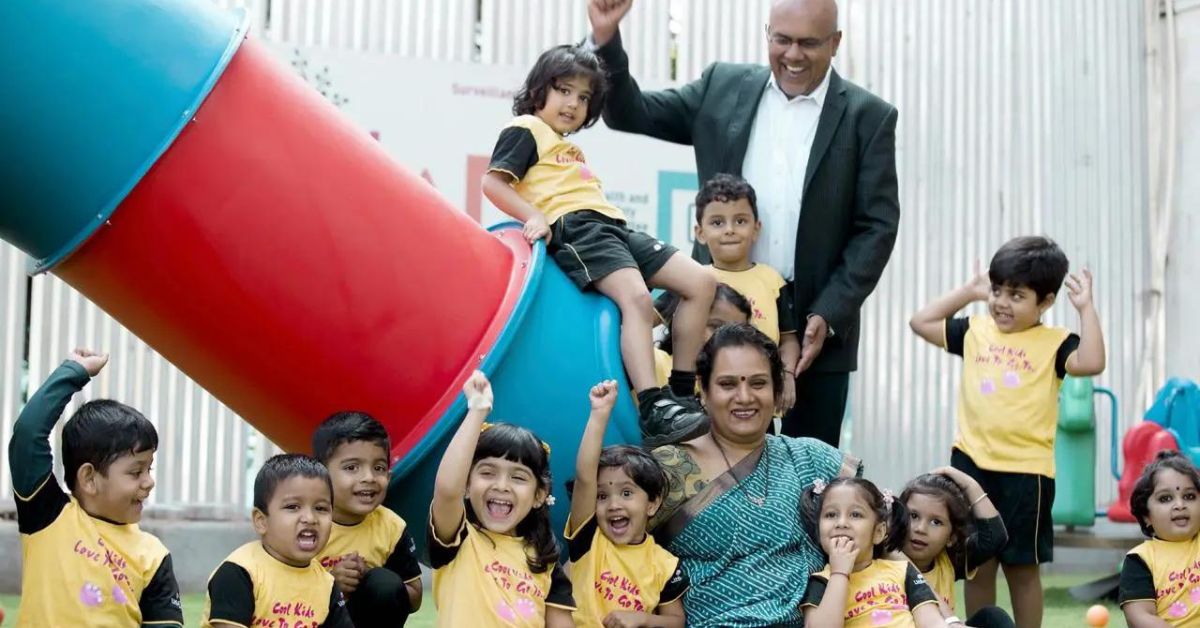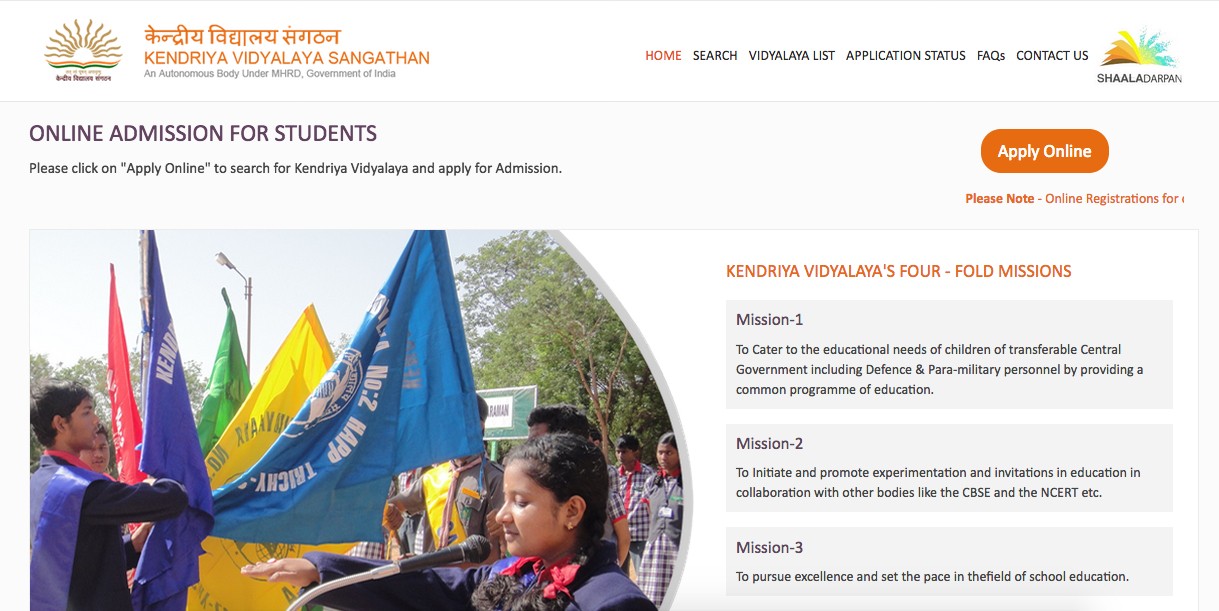In the ever-advancing world, high-quality education is the primary need of every child, and the early years (0 to 5 years) are the most crucial period of their growth and development. Pre-primary education is a harmonious process that combines academic, artistic, and practical learning. It provides children with a strong foundation upon which the future learning curve is based, making every educational level more efficient and productive. Therefore, it is imperative to have a strong bedrock for children to achieve overall development and attain higher education.
National Education Policy (NEP) 2020, the most recent policy, also proposes significant reforms in the structure, regulation, and governance of Indian education. It has given Early Childhood Education (ECE) a substantial boost by stressing its importance, particularly by emphasizing the scientific nature of foundational learning and how ECE and primary schooling are more of a continuum than different entities.
Traditional v/s Contemporary Learning
Due to its vast diversity, India’s share of awareness seems lower compared to other countries. Surveys indicate that we are in a learning crisis where a large proportion of students currently in elementary school (approximately over five crores) are yet to attain foundational literacy and numeracy.
The traditional system has overlooked the importance of experience and activities. It leaps into play-based academic learning, which is not a novel concept in India. In the late 19th and early 20th centuries, educational thinkers highlighted the need to educate young children through games and fun activities holistically. However, the scarcity of preschools at the time restricted growth.
On the other hand, the contemporary education system is more diversified and emphasizes immersive and experiential learning through interactive programs. It helps youngsters develop soft skills like creativity, critical thinking, etc., and their emotional, intellectual, and aesthetic quotient through personalized lessons.
Role of Preschools and their Impact on Foundational Years
Preschools significantly contribute to the fundamental brain development of children aged 0 to 5. It is a crucial age for a child to learn basic skills and become independent. They are intended to improve learning and skill development by providing structured activities that prepare children for primary school. The increasing number of preschools for children has substantially tackled the problem of its scarcity in sub-urban cities and villages. These educational chains now serve a broader audience beyond tier 1 and 2 cities to help children from underdeveloped areas.
Moreover, preschools offer integrated early education programs that inculcates a natural desire to learn in every child. These institutions work hard to nurture children as they prepare to face the challenges of grade school and the school of life.
Development of India’s Early Child Education
Teachers are the sculptors who shape children into tomorrow’s leaders. Therefore, they require specialized training and methods to make learning holistic, integrated, and enjoyable. Moreover, incorporating activity-based learning can help children understand the concept better.
Early childhood learning demands focus; teachers need to look at something as simple as numbers, split them into small parts, and observe the child perform these diverse cognitive functions. Take numbers, for example. The first thing a child naturally engages with is counting items rather than looking at the number symbols. Teachers can give them a set of blocks (abacus) and ask them to count by touching and experiencing them. It makes learning easy and engaging for children.
Parental involvement is also an important factor. Covid-19 has emphasized the relevance of parents’ roles in promoting young children’s early learning. Parents today need to consider the shift from offline to the hybrid model of education and must accordingly select the program that is best for their child. They should engage in activities with kids at home to help their overall personality development from a tender age.
Road Ahead
It is necessary to develop and achieve non-negotiable minimum quality standards across the sector and define clear outcomes. Educators need to pluck ideas and concepts from various philosophies and combine them to develop progressive and unique teaching techniques that accommodate children’s different learning curves.
ECE provides enough opportunities for children to play, explore, find their interests, solve issues, and tackle challenges. Consequently, children will become active learners and help them build confidence. It also contributes to developing a firm foundation for personality, and overall emotional & intellectual aptitude for higher education.







